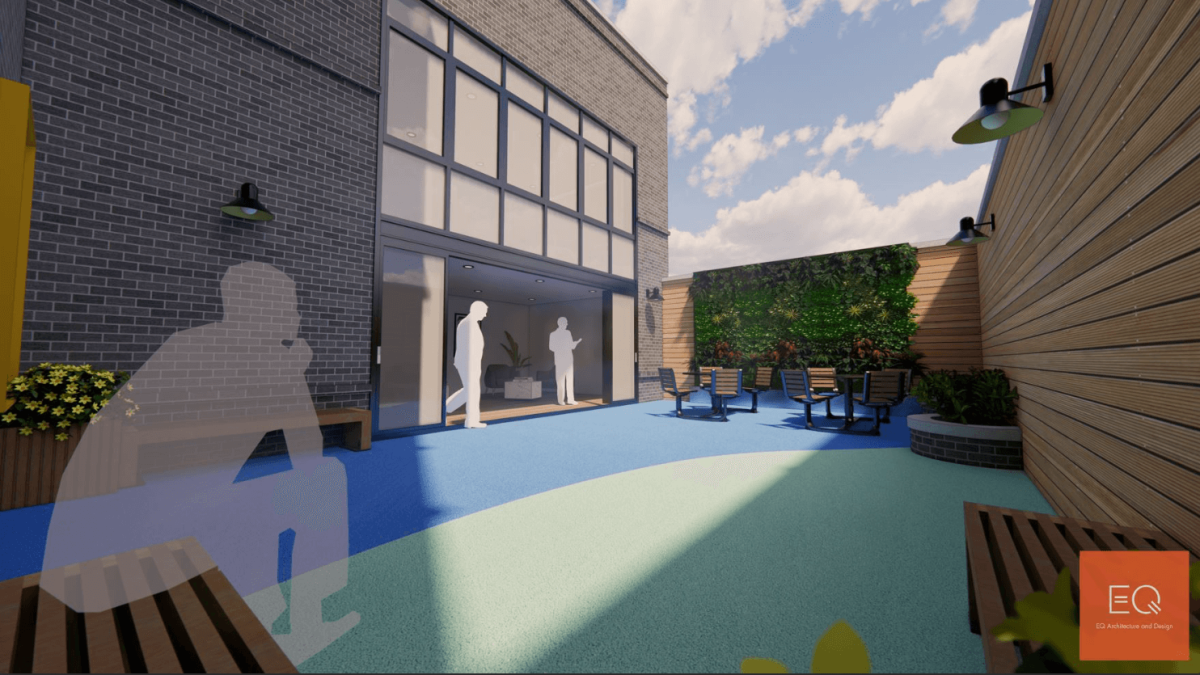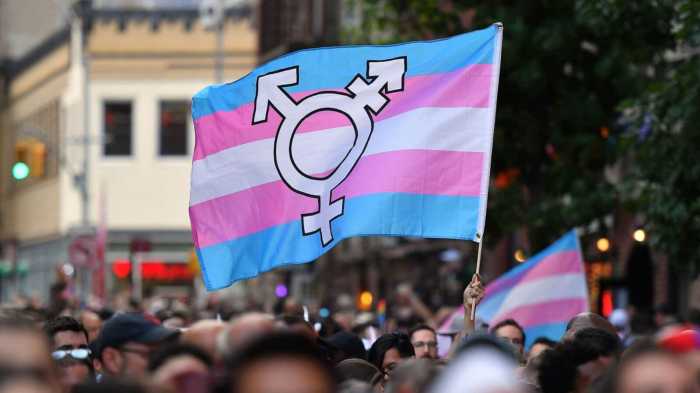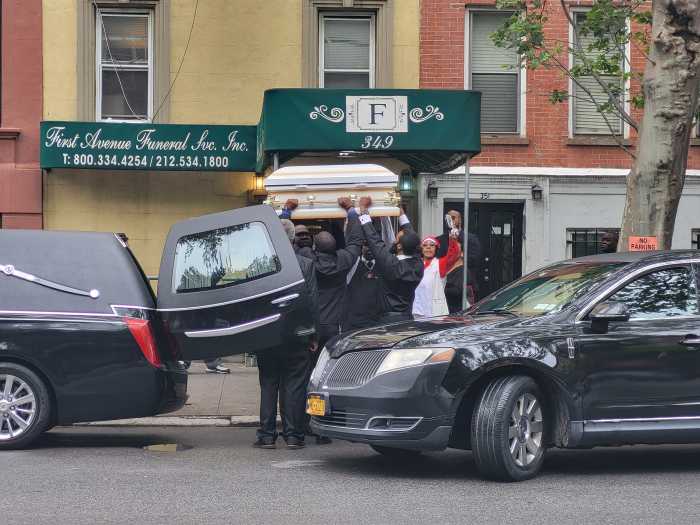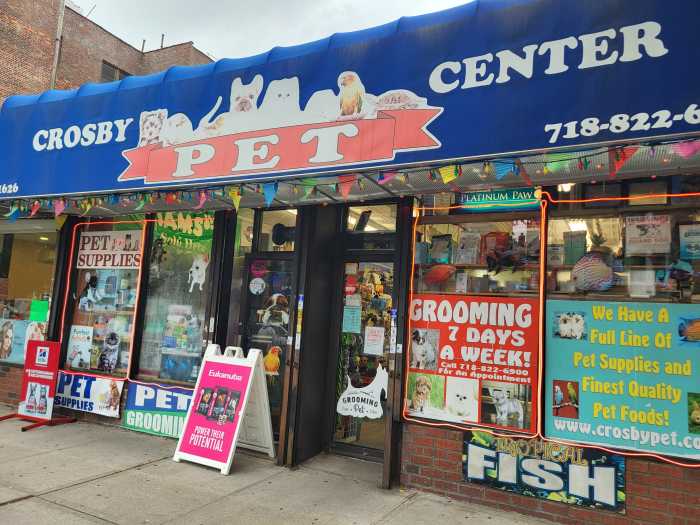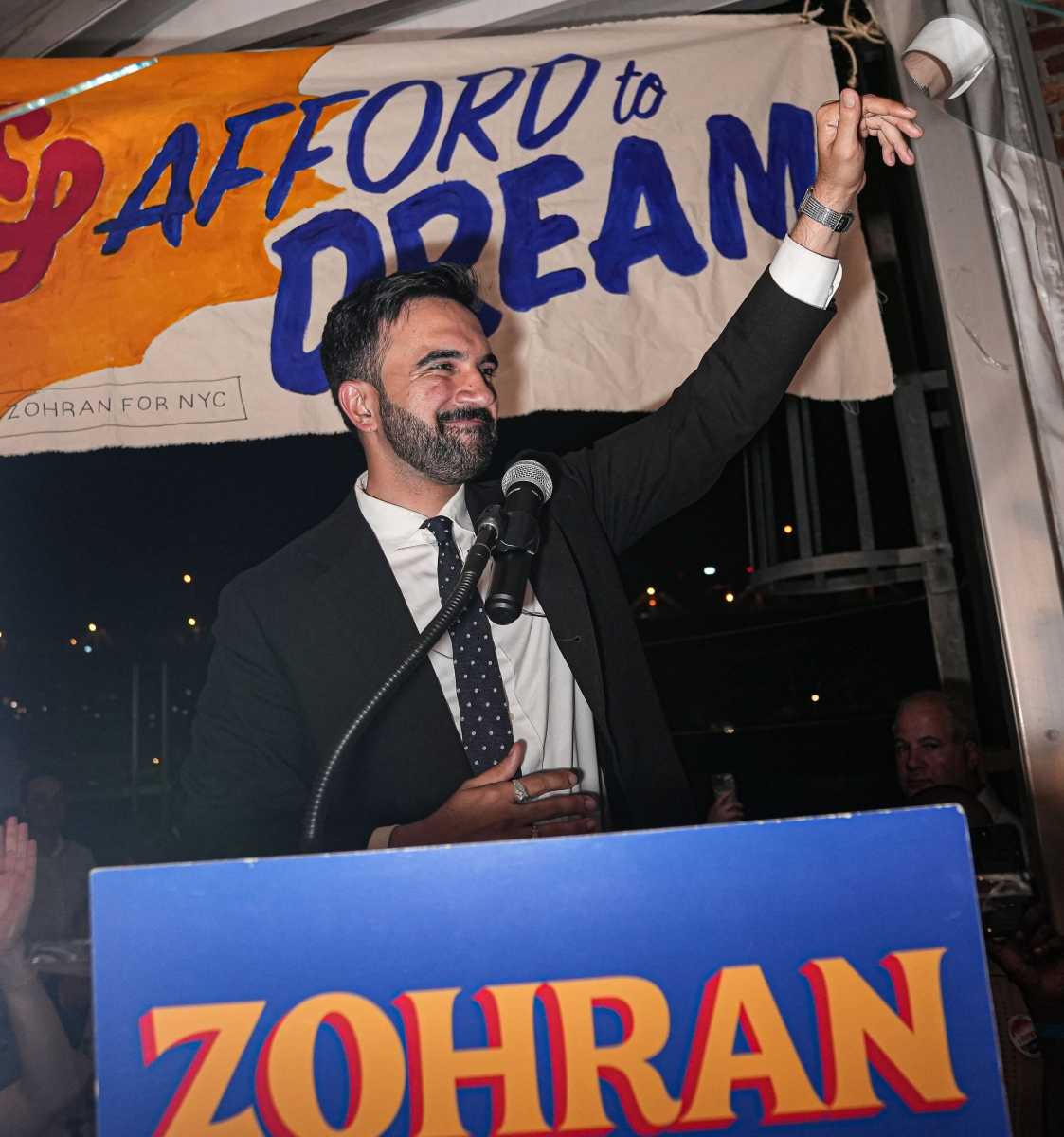The Greenburger Center for Social and Criminal Justice celebrated the groundbreaking for an upcoming $13 million development in the Bronx’s Crotona Park, which will house individuals with serious mental illness (SMI) who were previously accused of felony-level crimes.
Hope House, acting as the Greenburger Center’s Alternative to Incarceration model, will provide treatment, education and other services for those who suffer with SMI. The project will also serve as the first of its kind in the nation — housing alleged felony-level offenders with mental illness, when it is completed.
“The community needs the Greenburger Center’s Hope House model now more than ever,” said Cheryl Roberts, executive director for the Greenburger Center.
At Tuesday’s groundbreaking ceremony, Roberts thanked Gov. Kathy Hochul for providing the leadership necessary to bring what was a 10-year effort to a successful conclusion, as well as the New York City Council and Community Board 6, who Roberts said supported the project from its inception.
A 501(c)(3) non-profit organization which was incorporated in 2014, the Greenburger Center strives and advocates for needed reforms to the criminal justice system, according to the organization’s website.
The groundbreaking, which took place in Crotona Park, was just across from the future site, which will be located at 849 Crotona Park N.
Veterans and individuals who were living in the Bronx at the time of their arrest will have top preference in accessing Hope House, which will provide services to anyone living in the city’s five boroughs, aged 18 and older. The facility will consist of eight rooms and 16 beds, with two people sharing each room. It is reserved for eight men and eight women who have not committed a sexual offense. Residential and security staff will be on-site 24/7.
The expected length of stay will be 1-2 years for those who are accepted into the program.
According to the Greenburger Center, Hope House is scheduled to open in 2025, with demolition of the existing buildings currently in progress and construction to follow.
Hope House will also feature an on-site Continuing Day Treatment Program, provided by Argus Community Inc., which will offer treatment Monday through Friday and some Saturdays. Argus has operated treatment programs in NYC for those suffering with SMI for more than 50 years.
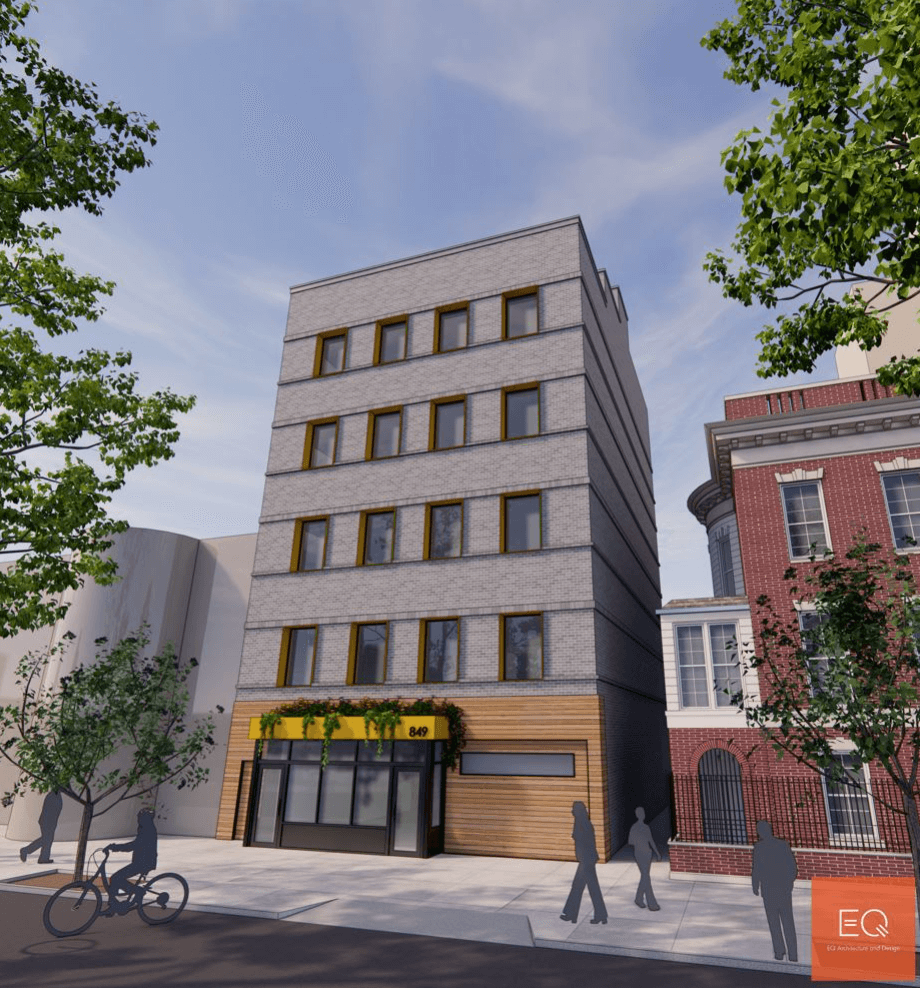
Funding for the $13 million development will be provided by a $5.6 million construction grant from New York state, proceeds from the New Markets Tax Credit Program and private donations, as well as an allocation of funding from members of the City Council and state Legislature, including grants from state Sen. Luis Sepúlveda and Assembly Speaker Carl Heastie.
Real estate developer and well known philanthropist Francis Greenburger, the center’s founder, sees the importance of having a facility such as Hope House available to those suffering with severe mental illness.
“Hope House is a critical step toward America reforming its treatment of people who are living with these brain disorders,” said Greenburger.
SMI disorders include Schizophrenia, mood disorders such as bipolar and major depression, anxiety disorders and post-traumatic stress disorder, according to the city’s Department of Health. And more than half of the nation’s incarcerated population has mental illness, while an estimated 20% of those incarcerated suffer with a serious mental illness disorder, according to Greenburger.
“America must find a better default option than prison for people living with behavioral health issues or mental illness who become involved with the criminal justice system,” he added.
Correction: A previous version of this story incorrectly stated that Cheryl Roberts said Community Board 3, not Community Board 6, supported the project from its inception.
Reach Steven Goodstein at sgoodstein@schnepsmedia.com or (718) 260–8326. For more coverage, follow us on Twitter, Facebook and Instagram @bronxtimes

